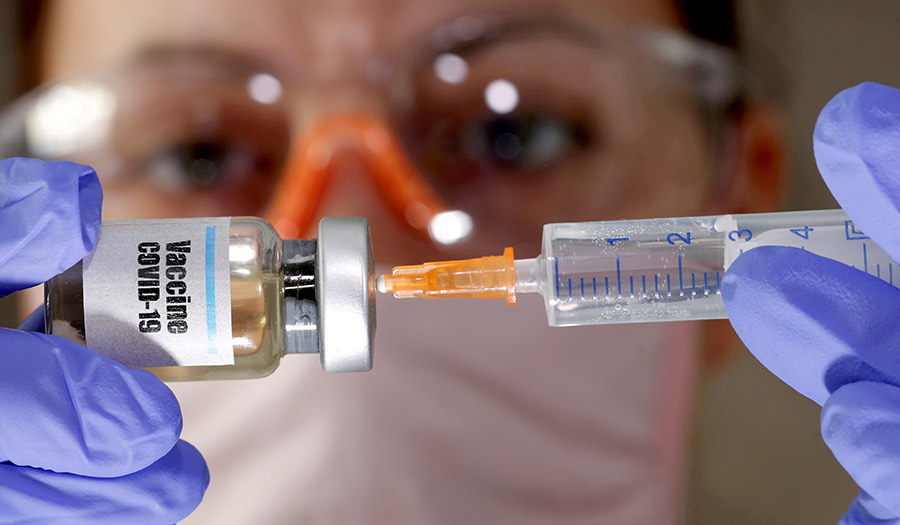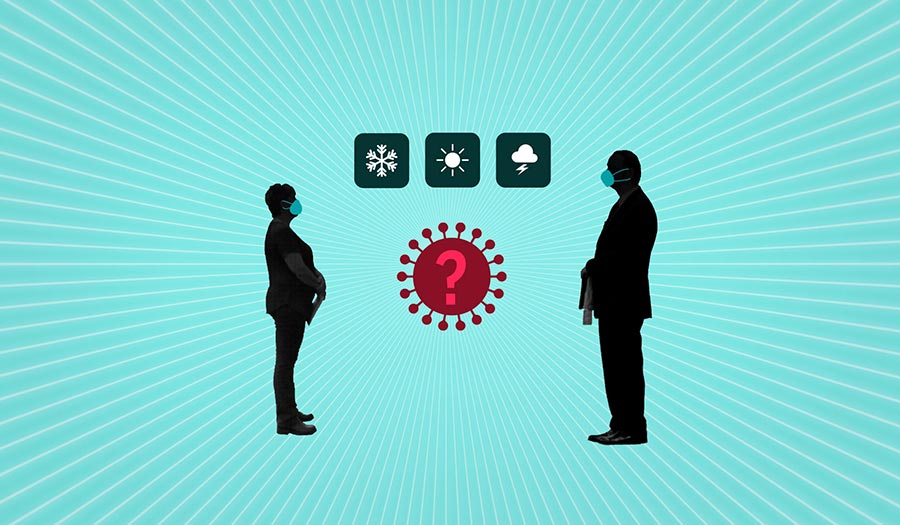 Reuters/Dado Ruvic
Reuters/Dado Ruvic
World News Desk
Learn the why behind the headlines.
Subscribe to the Real Truth for FREE news and analysis.
Subscribe NowReuters – Drugmakers and research centers around the world are working on COVID-19 vaccines, with large global trials of several of the candidates involving tens of thousands of participants well underway.
The following is what we know about the race to deliver vaccines to help end the coronavirus pandemic.
Who is furthest along?
U.S. drugmaker Pfizer Inc and German partner BioNTech SE were the first to release data showing on Monday that their vaccine worked in a large, late-stage clinical trial.
Russia’s sovereign wealth fund published interim late-stage trial results for its Sputnik V vaccine on Wednesday showing the shot is 92 percent effective at protecting people from COVID-19.
The next data releases will likely be from U.S. biotech firm Moderna Inc, possibly in November, and from Britain-based AstraZeneca Plc with the University of Oxford in November or December. Johnson & Johnson says it is on track to deliver data this year.
What happens in these trials?
The companies are testing their vaccines against a placebo—typically saline solution—in healthy volunteers to see if the rate of COVID-19 infection among those who got the vaccine is significantly lower than in those who received the dummy shot.
Why is Pfizer ahead with its data?
The trials rely on subjects becoming naturally infected with the coronavirus, so how long it takes to generate results largely depends on how pervasive the virus is where trials are being conducted. Each drugmaker has targeted a specific number of infections to trigger a first analysis of their data.
Pfizer said its interim analysis was conducted after 94 participants in the trial developed COVID-19 while Russia’s examination was conducted after 20 participants in the trial developed the disease.
AstraZeneca said last week a slowdown in infections during the summer is delaying data analysis for its UK trial.
COVID-19 cases, however, soared in October and early November, setting daily records in the United States and Europe.
How well are the vaccines supposed to work?
The World Health Organization has recommended a minimum standard for effectiveness of at least 50 percent. The United States and some other regulators are following that guideline—which means there must be at least twice as many infections among volunteers who received a placebo as among those in the vaccine group. The European Medicines Agency has said it may accept a lower efficacy level.
Pfizer and Russia both said their vaccines are more than 90 percent effective against COVID-19.
When will regulators rule on safety and efficacy?
Regulators review vaccines after companies submit applications seeking either emergency use authorization (EUA) or formal approval.
The earliest the U.S. Food and Drug Administration could make a decision is in December because Pfizer/BioNtech and Moderna do not expect to have enough safety data until the second half of November. The FDA has asked companies to watch trial participants for side effects for two months after receiving a final vaccine dose.
Regulators for Europe, the United Kingdom and Canada are considering data on a rolling basis, as it becomes available. They expect to conduct expedited reviews as well. It is not clear when companies will submit efficacy data to these agencies or when the agencies would make a decision.
Could these be the first widely available coronavirus vaccines?
Yes, although China is on a similar timeline. The country launched an emergency use program in July aimed at essential workers and others at high risk of infection that has vaccinated hundreds of thousands of people.
At least four vaccines are far along including those from China National Biotec Group (CNBG), CanSino Biologics and Sinovac. Sinovac and CNBG have said to expect early trial data as soon as November.
Russia has also given the Sputnik V vaccine developed by the Gamaleya Institute to 10,000 members of the general population considered at high risk of contracting the virus.
In late October, the director of the Gamaleya Institute, Alexander Gintsburg, said 20,000 volunteers had received the first shot so far and 9,000 the second.
- World News Desk
- HEALTH ISSUES
 Does Weather Affect the Spread of the Coronavirus Outside?
Does Weather Affect the Spread of the Coronavirus Outside?


